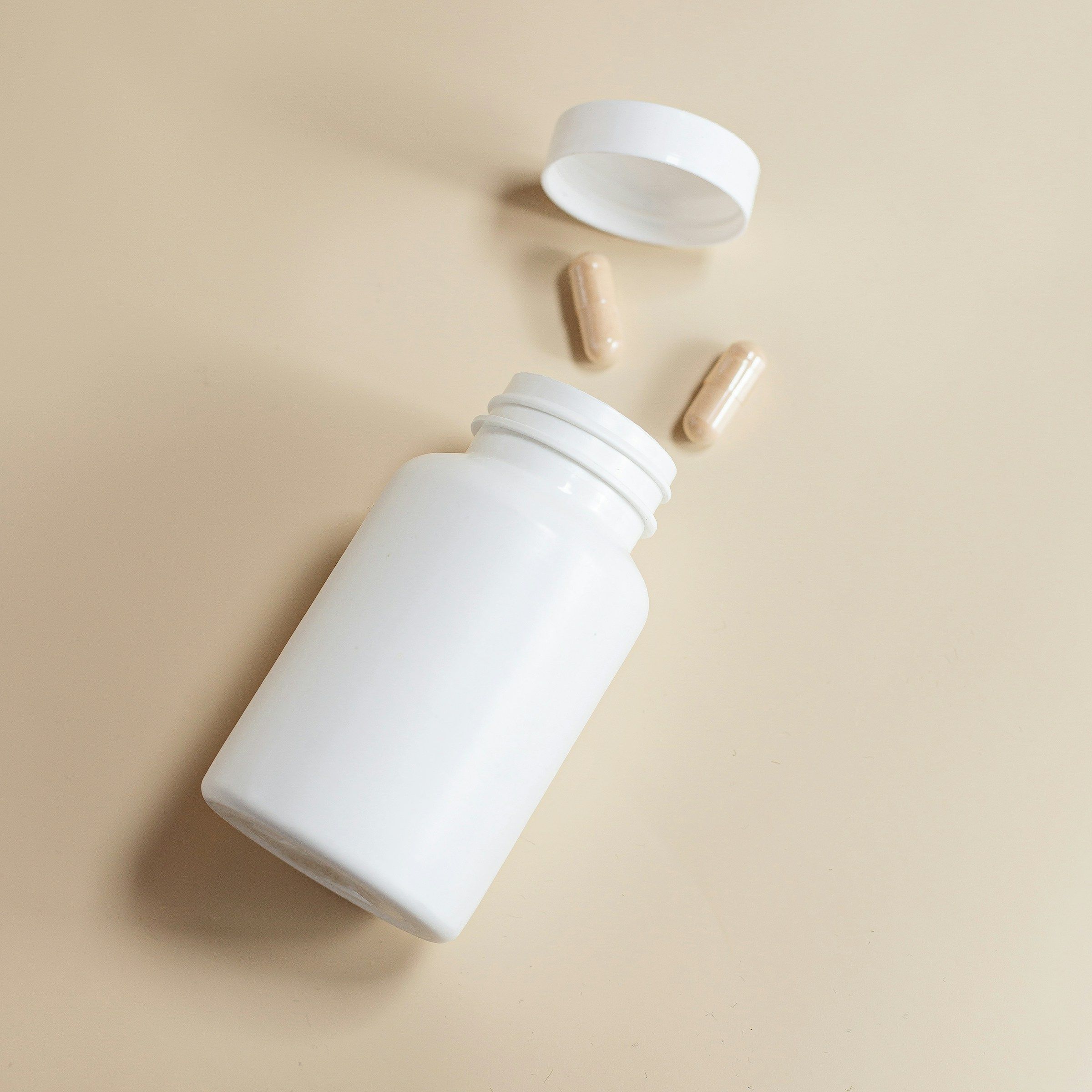Are Fertility Supplements Effective? What You Need to Know

If you and your partner are on the journey to start a family, you've likely heard about fertility supplements. These products promise to improve reproductive health and increase the chances of pregnancy. But do fertility supplements really work?
Let's find out! In this guide, we’ll break down:
- How do these supplements help?
- The most common types for both men and women.
- What should you think about before making them part of your plan?
What are fertility supplements?
Fertility supplements are products designed to support reproductive health. They are made from vitamins, minerals, antioxidants, and sometimes herbs. They might improve egg or sperm quality, balance hormones, or fill in nutritional gaps.
However, keep in mind that the FDA does not regulate any fertility supplements. This means their quality can vary, and there’s no guarantee they will work for everyone.
How do fertility supplements work?
Fertility supplements work by giving your body the nutrients it needs for healthy reproduction. Here are the details:
Provide essential nutrients
To support healthy reproduction, your body needs certain vitamins and minerals. And sometimes, your diet doesn’t provide all the nutrients your body needs.
This is where supplements like folic acid, vitamin D, and zinc can help. For instance, folic acid helps prevent birth defects. Similarly, vitamin D helps balance hormones needed for ovulation and sperm production.
Balance hormones
Hormones are like the body’s messengers. When they’re out of balance, it can be harder to conceive.
For example, omega-3 fatty acids and inositol supplements help balance hormones like estrogen and progesterone. This helps with egg release and sperm production.
Improve egg and sperm quality
Antioxidants like CoQ10 and selenium protect eggs and sperm from damage. This helps keep them healthy and improves their chances of successful fertilization.
Improve sperm health
For men, supplements such as L-carnitine and zinc can improve sperm count, movement, and shape. This makes it easier for sperm to reach and fertilize the egg.
What fertility supplements should you take?
The supplements that are best for you depend on your individual health. Below is a breakdown of some commonly recommended supplements for both men and women.
Fertility supplements for women
For women, fertility supplements often target hormone regulation, egg quality, and menstrual health. Here’s a look at common supplements and their benefits:
| Supplement | How it helps | Natural sources |
|---|---|---|
| Folic acid | Reduces birth defects and improves egg quality | - Leafy greens- Beans- Citrus fruit- Fortified cereals |
| Vitamin D | Helps with healthy ovulation and is linked to higher pregnancy rates | - Sunlight- Fatty fish (salmon, mackerel)- Fortified dairy products |
| CoQ10 | Improves egg quality and reduces oxidative stress | - Meat (beef, pork)- Fish (sardines, mackerel)- Whole grains |
| Omega-3 fatty acids | Reduces inflammation and improves hormonal balance | - Fatty fish (salmon, sardines)- Flaxseeds- Walnuts- Chia seeds |
| Vitex (Chasteberry) | Regulates hormones and may help with irregular menstrual cycle | Vitex (Chasteberry) is commonly taken as a supplement; it’s not widely found in food sources |
| Inositol | Supports ovarian function, especially in women with PCOS | - Whole grains- Beans- Nuts- Fruits (especially cantaloupe) |
Fertility supplements for men
For men, the focus is on improving sperm quality, including count, motility (movement), and morphology (shape). Here’s how common supplements help:
| Supplement | How it helps | Natural sources |
|---|---|---|
| Zinc | Supports sperm production and maintains testosterone levels | - Meat (beef, lamb)- Shellfish (oysters, crab)- Nuts- Seeds (pumpkin seeds) |
| CoQ10 | Increases sperm quality and reduces oxidative damage | - Meat (beef, pork)- Fish (sardines, mackerel)- Whole grains |
| Selenium | Increases sperm motility and may reduce sperm abnormalities | - Brazil nuts- Seafood (tuna, shrimp)- Meats (beef, chicken) |
| L-Carnitine | Improves sperm count and movement | - Red meat (beef, lamb)- Dairy products- Avocados |
| Vitamin C and E | Protects sperm from damage | Vitamin C: - Citrus fruits- Strawberries- Bell peppersVitamin E: - Nuts- Seeds- Green leafy vegetables |
| Folic acid | Can improve sperm count, especially when taken with zinc. | - Leafy greens- Beans- Citrus fruits- Fortified cereals |
| Omega-3 fatty acids | Supports sperm cell membranes and improves sperm quality. | - Fatty fish (salmon, sardines)- Flaxseeds- Walnuts- Chia seeds |
Do fertility supplements really work?
The answer to this question isn’t a simple yes or no. Some people do see positive results, while others might not notice much change at all.
The overall research on fertility supplements is mixed. That said, certain supplements, like folic acid, vitamin D, and CoQ10, have some strong scientific evidence. These supplements are beneficial, especially for those with specific deficiencies or low ovarian reserve.
However, many other fertility supplements don’t have large-scale studies to prove they work. And just because something is on the shelf doesn’t mean it’s a miracle cure.
Also, keep in mind that supplements aren’t magic pills. They can’t replace healthy habits like a healthy diet, exercise, and proper sleep. In fact, making these lifestyle changes alongside supplements is often helpful.
In addition, individual responses vary. For example, someone with vitamin deficiency might notice an improvement. However, someone with balanced levels may not notice any major changes.
Should you take fertility supplements?
So, should you consider fertility supplements? Well, it depends on your needs.
However, consult a doctor or fertility specialist before starting any fertility supplements. They can check for potential nutrient deficiencies or other health issues affecting fertility.
If you'd like to speak with a specialist, contact QCG.
Are there risks with fertility supplements?
Yes, there can be risks when it comes to taking fertility supplements. Some things to watch out for:
- Taking too much: High doses of supplements of certain vitamins, like iron or vitamin A, can be harmful. Always stick to the recommended dosage unless your doctor advises otherwise.
- Interactions with medications: Fertility supplements can interfere with other treatments or medications you may be taking.
- Unregulated products: Because supplements aren’t strictly regulated, some products might contain harmful or unknown ingredients.
Bottom line
So, if you're considering fertility supplements, make them part of a broader fertility plan. This includes a healthy lifestyle and, if needed, medical advice. Also remember, while supplements might help, they are not a substitute for professional fertility treatments.
Have you tried fertility supplements? Feel free to share your thoughts or experiences in the comments below!

